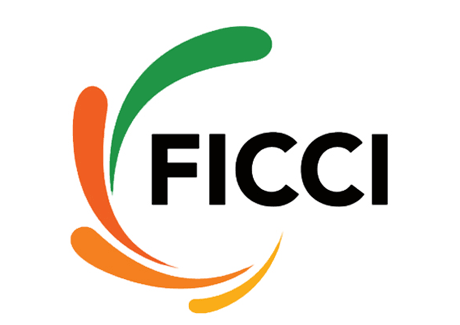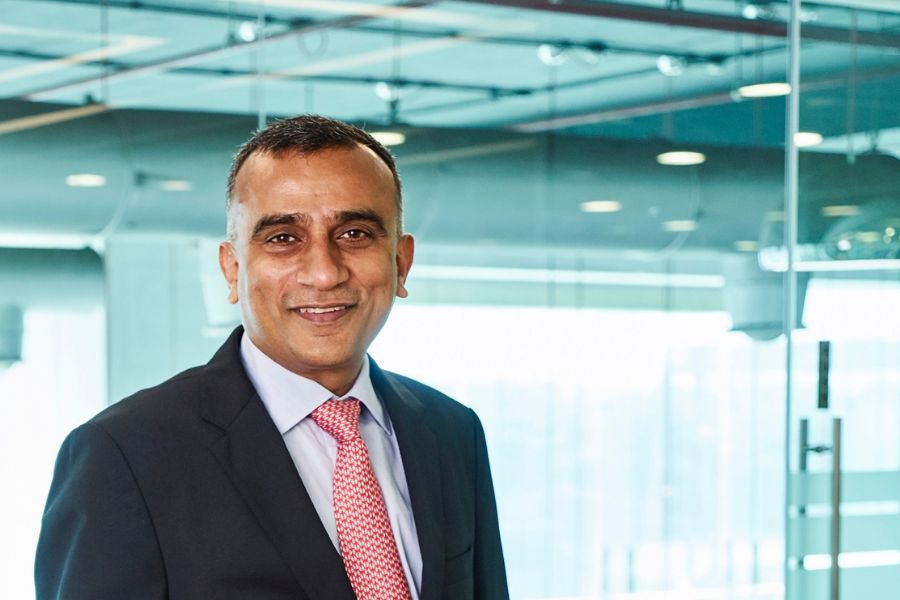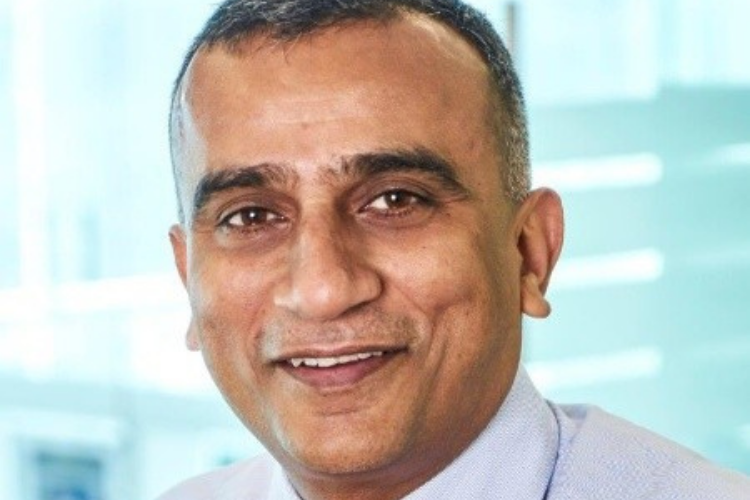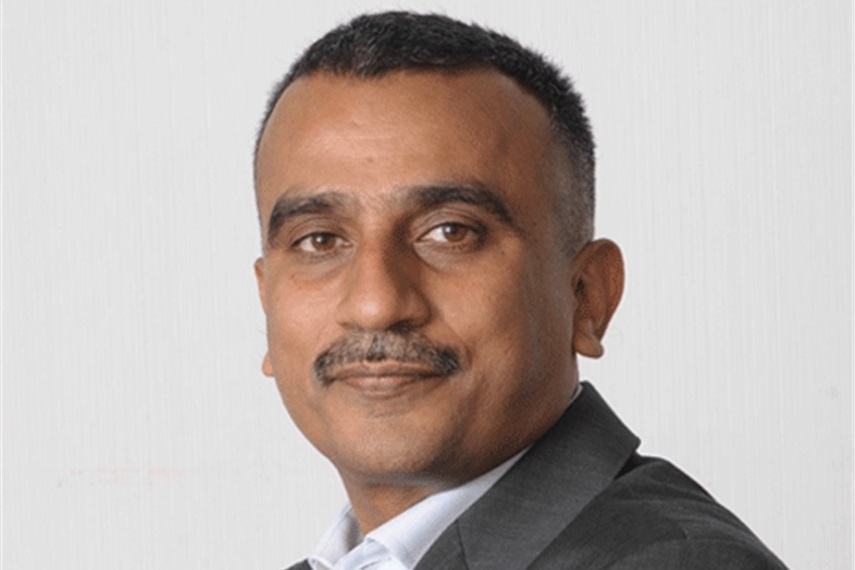One of the themes on day one of FICCI Frames was ‘De-bottlenecking the regulatory hurdles'. Moderated by NDTV’s Vikram Chandra, the discussion featured Ajit Pai, Bimal Julka, Uday Shankar, Sudhanshu Vats and Rahul Johri.
‘Why should we regulate?’
Uday Shankar, CEO, Star India, said, "We have just decided that certain things will be regulated and certain things won't. That's what has made regulations distorted.”
Sudhanshu Vats, group CEO, Viacom18 Media, questioned the need to regulate. "To me the key is that media is a consumer business. It should be run for consumers and we should give people choice and let them decide what they want to consume.” He called for more transparency in regulations.
Vats also underlined the need to abolish licensing. He said, "There's no clarity on who gives licenses and the time period required to get one. In my opinion, licensing should not be there. Our efforts should be towards thinking of how we can grow the industry."
Discovery Networks' senior VP and GM Rahul Johri called for clarity as well. He said, "There has to be clarity as to where we're going. What has happened is that we've had self regulation earlier and managed it well. I think Indian television is at a great stage. Global companies have entered the country and are being run by Indians and not expats. We have the knowledge, we now need the backing.”
Ajit Pai, commissioner, FCC, USA, explained why regulations can be harmful. "A regulation captures a snapshot of the current marketplace. But, they become outdated soon and then can harm," said Pai.
Broadcasters, MSOs need to get together instead of blaming the government
Bimal Julka, secretary, Ministry of Information and Broadcasting, Government of India, said that the government was only looking at the interest of end-consumers. "The focus on the government is on inclusive growth. Whatever benefits viewers and listeners is what we have to look at at. There are issues between broadcasters and MSOs (among others). Our approach has always been to have a uniform policy."
Responding to a question from anchor Vikram Chandra, group CEO, NDTV, about how digitisation has worked, Julka said, "Phase one and two are over now. It was a mammoth task, but we've been able to install 30 million set top boxes. We need another 110 for phase three and four. We've got data that clearly shows carriage fees has come down and subscription fees has increased. We've also received an increase of taxes (collected by 2 to 3 per cent) in these areas. For some issues, broadcasters and MSOs need to get together instead of blaming the government."
Star's Shankar countered this statement, and said, "We need to understand the objectives of digitisation. One of these was transparency, but that's not happening. Chennai was suppposed to be digitised in phase one, but that's still in the grey zone. Carriage fees have decreased but not by a margin that helps channels change their revenue models."
Johri added, "The government got into digitisation, so that needs to be completed before any other regulations come in.” He noted that once digitisation is completed, content will automatically become better because of the subscription revenue model.
Julka ceded that the two issues (digitisation in Chennai and subscription/carriage fees) were 'relevant'. "For Chennai, there are challenges, but with them come opportunities. We need to get digitisation done. The subscription versus carriage fees will also be addressed. Government will be there if any changes need to be made to the regulations. But for me, content is an area of concern and broadcasters need to look at it themselves. It's a highly competitive market and will get more (competitive) in the years to come."
Future outlook
Chandra urged the panel to state three things to be looked at in the future.
Vats said, "The government needs to look at the whole licensing department. Do we need one is the major question and if we do, how long will it take to get licenses is something we need to know. We also have to wait and see if digitisation can be completed. Thirdly, we need to give carriage (fee) a hard long look and why it exists. If anything, we need an open, transparent technical fee instead."
Johri echoed Vats' sentiments and said that once digitisation was completed, everything else would fall into place.
Shankar surmised, "We need to put out in public domain how the regulation changes will make a difference."
Also read:
FICCI Frames 2014: ‘The core of news is still hungry and going in the right direction’: Raghav Bahl
FICCI Frames 2014: 'Media should be seen as a tool for transforming lives'




